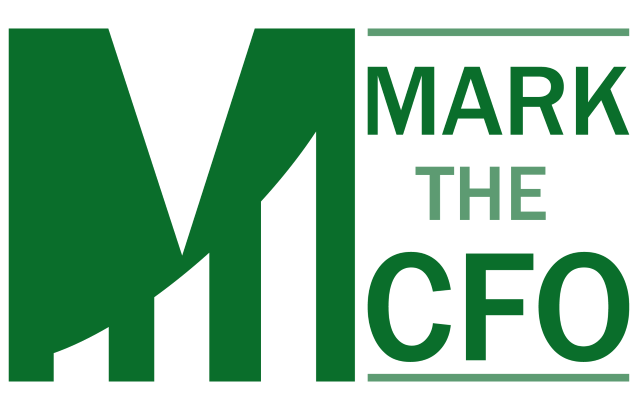Tariffs and Small Businesses
The recent tariffs imposed by President Trump have significant implications for startup businesses in the United States. These tariffs, are likely to create both challenges and opportunities for emerging companies.
For many startups, the immediate impact will be an increase in costs. Those relying on imported materials or components from the affected countries (Canada, Mexico, China and the European Union countries) will face higher expenses, potentially squeezing their already tight profit margins. This is particularly true for tech startups, which often depend on electronics and components from China. The increased costs may force startups to either absorb the expenses, reducing their profitability, or pass them on to customers through higher prices.
The tariffs also introduce uncertainty into the business environment, which can be especially challenging for startups. Economic instability may lead to tighter funding conditions, making it more difficult for new businesses to obtain capital.
Some startups may find opportunities in this new landscape. Domestic producers could become more competitive as imported goods become more expensive. This might create openings for innovative startups to fill gaps in the market or offer alternatives to now-costlier imported products.
To navigate these challenges, startups will need to be agile and adaptable. Now is the time to reassess their supply chains, explore alternative suppliers, or even pivot their business models. Some may find success by focusing on domestic production or by diversifying their markets to reduce reliance on tariff-affected countries.
In conclusion, while the tariffs present significant challenges for many startups, those that can adapt creatively may find ways to thrive.
